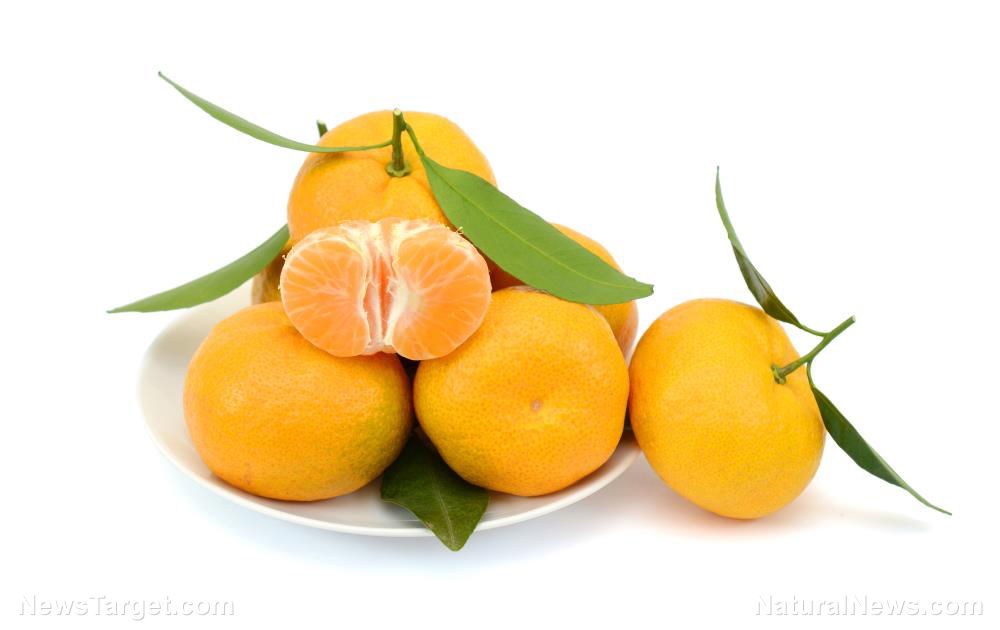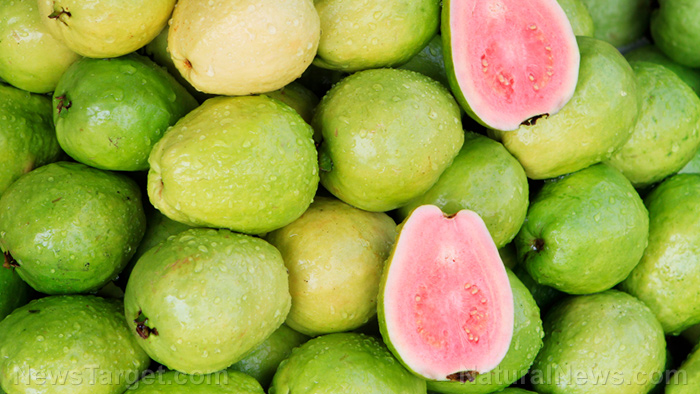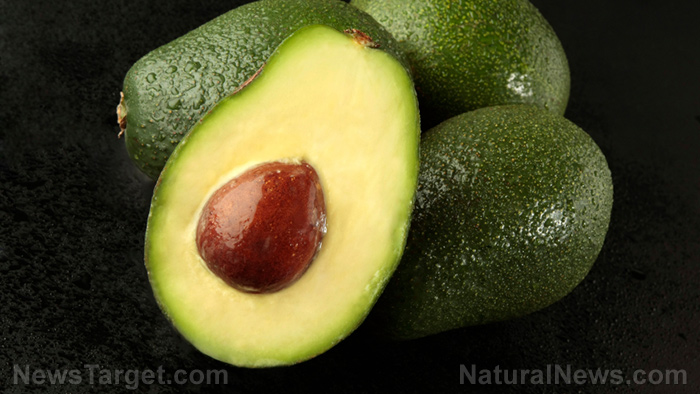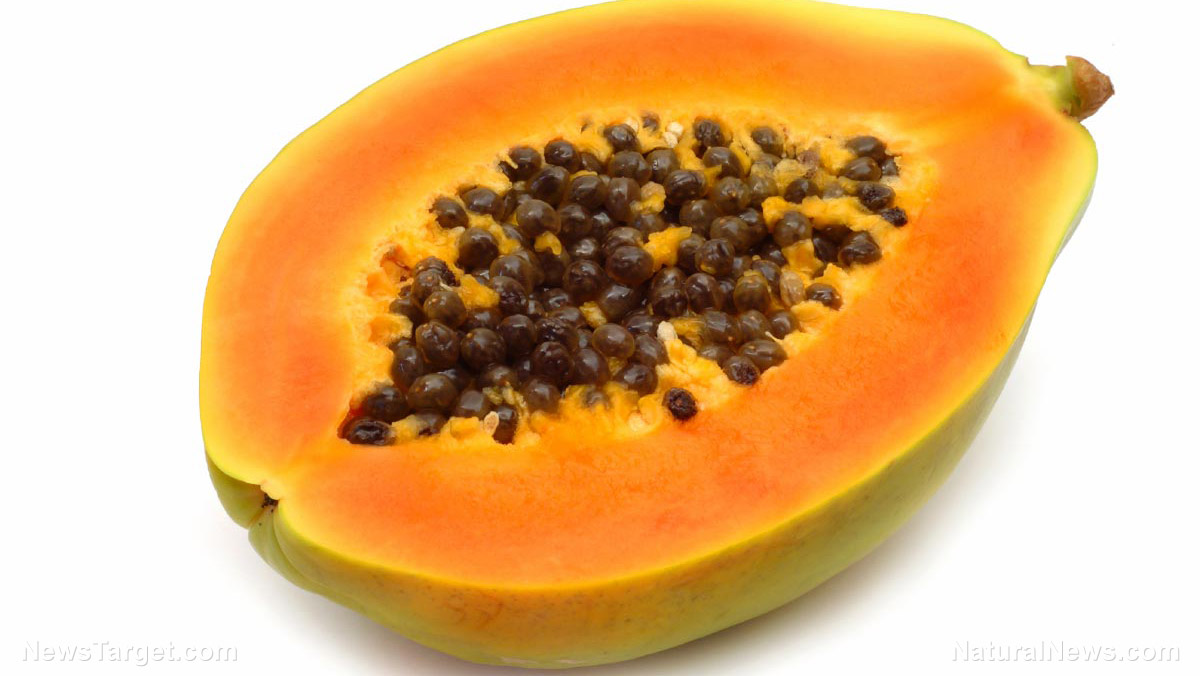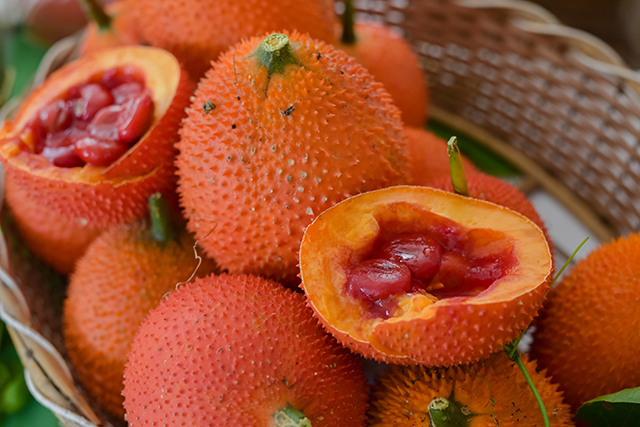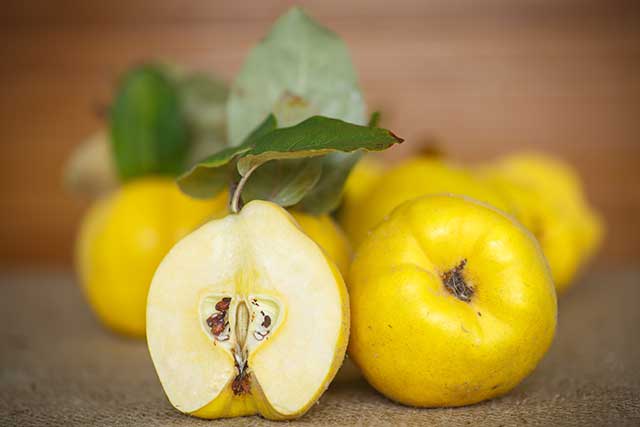Forsythia Fruit – sources, health benefits, nutrients, uses and constituents at NaturalPedia.com
08/24/2017 / By Earl Garcia

Forsythia fruit is among the most widely used medicinal food in ancient China due to its many health benefits, especially in relieving various respiratory tract conditions. An article on the Natural Wellbeing website notes that the first use of forsythia fruit in the western world dates as far back as the late 1700s and has since then have also become a staple in western folk medicine. Forsythia fruit is also called lian qiao in Mandarin.
List of known nutrients
Forsythia fruits and other extracts are loaded with potent nutrients that boost the body’s overall health, according to separate entries posted on Annie’s Remedy and Herbpathy websites. These include:
- Betulinic Acid
- Caffeic Acid
- Flavonoids
- Forsythiaside
- Glucoside
- Isoforsythiaside
- Lignans
- Oleanolic Acid
- Phenylethanoids
- Phenylethanoids
- Phillygenin
- Phillyrin
- Pinoresinol
- Rengyol
- Rutin
- Salidroside
- Suspensaside
- Ursolic Acid
- Vitamin P
- Volatile Oils
Medicinal uses for forsythia fruit
Western folk medicine traditionally combines forsythia fruit with honeysuckle to address various respiratory conditions such as respiratory tract infections, acute bronchitis, acute endometriosis. According to the Health Benefits website, the fruit also relieves measles, acute tonsillitis, encephalitis B as well as meningitis, parotitis, and flu.
The fruit’s strong antimicrobial properties are known to fortify the body’s immunity as well. The volatile oils and forsythol compound found in forsythia are found to effectively mitigate Staphylococcus aureus and Shigella. Likewise, the constituents are shown to contain strong inhibitory effects against influenza virus, leptospira, and other pathogens.
Patients suffering from certain heart issues may greatly benefit from consuming the fruit. An article posted on the Chinese Herbs Healing website notes that the oleanolic acid in forsythia fruit can the strengthen heart, lower high blood pressure levels and promote diuresis. Aside from this, the fruit’s high vitamin P content is touted to can reduce vascular permeability and fragility. This, in turn, lowers the odds of developing hemolysis.
Forsythia fruit is also valued for its strong diuretic effects, which help flush out toxins from the body. Consuming forsythia fruit improves the body’s overall digestive profile too. The fruit is known to address vomiting and protect the liver from damage. The powerful antibacterial and anti-inflammatory properties in forsythia fruit help the skin build the inflammatory barrier, reduce capillary permeability, and curb inflammatory exudate. These effects are shown to reduce acne swelling.
Other ailments relieved by forsythia fruit include:
- Common Cold
- Febrile Disease
- Anuria in Heat Strangury
- Boils and Carbuncles
- Pyogenic Infections
- Scrofula
- Goiter and Tumor
- Pharyngitis
- Melasma
- Malar Rash
- Wrinkles
Body systems supported by forsythia fruit
Forsythia fruit is notably effective in maintaining respiratory health and strengthening the body’s overall immunity. The cardiovascular system also greatly benefits from the fruit. Likewise, forsythia fruit improves skin condition and keeps digestive conditions at bay.
Ways to use forsythia fruit
Forsythia fruits are commonly combined with honeysuckle to treat colds. Likewise, dried fruits can be infused in teas and juices. Forsythia fruit extracts are also commonly used in various cosmetics products such as hair growth liniments and anti-dandruff shampoos, acne creams and foot care products. In addition, the fruits can be processed into syrups. An article posted on the Local Kitchen blog features an interesting recipe for forsythia syrup.
Where to learn more
- Treat Lyme Disease with Over-The-Counter Chinese Herbal Medicines
- The 8 best herbal home remedies to fight Avian flu or bird flu virus
- Right cultivation of the blood is the foundation of health and longevity
- Effective treatment for the flu
- Acupuncture and Chinese Medicine strongly protect us from colds and flu
Summary
Forsythia fruit prevents upper respiratory tract infections, bronchitis, and measles.
Forsythia fruit fends off bacteria and pathogens including Staphylococcus and influenza virus.
Forsythia fruit addresses vascular weakness and mitigates the risk of hemolysis.
Forsythia fruit alleviates various digestive disorders and skin conditions.
Forsythia fruit is effective in maintaining respiratory health and strengthening the body’s overall immunity.
Forsythia fruit improves both heart and skin health as well as the body’s digestive profile.
Sources include:
Tagged Under: Forsythia fruit





